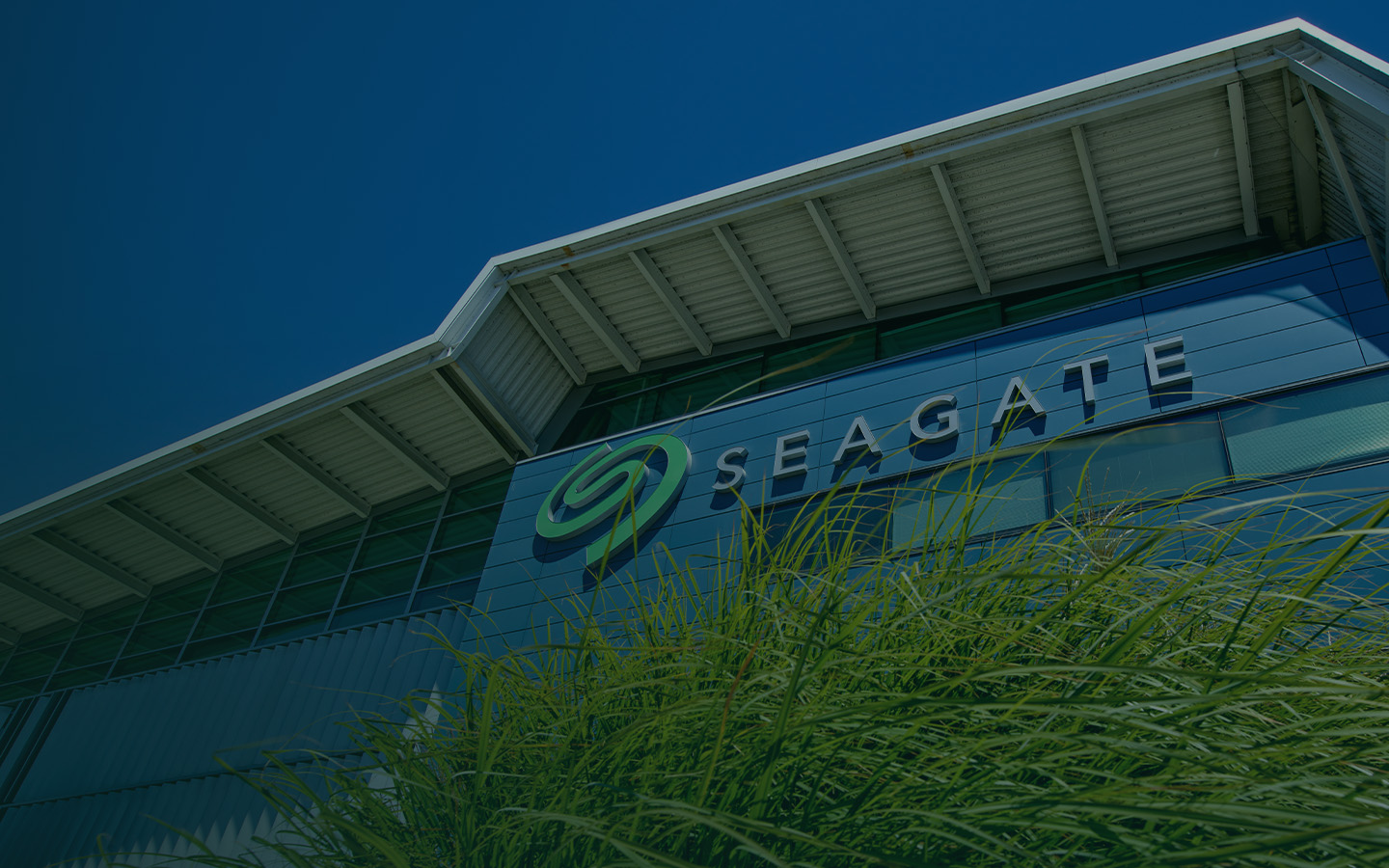Hello all, my wife is currently using an old gaming PC of mine and it's safe to say it's on it's last legs. With the components being nearly 10 years old (AM3+ setup), you can understand it struggles to run games at good graphics. The issue I do have though currently is a relatively new HDD seems to be performing bad, it takes a long time to install games after a download, it takes a long time to do every day tasks etc. I have ran Userbenchmark to get a broad stroke of any issues it is having and it is saying my HDD is performing poor despite it being only a 1 year old seagate barracuda. I thought i might defrag the HDD to see if that might cause some form of improvement and when doing so, I noticed it is recognising it as an SSD. I have scanned the drive for errors and nothing has shown.
Any ideas how to fix the overall slowness and issues with the HDD?
Thanks for your response in advance.
Alex.
Any ideas how to fix the overall slowness and issues with the HDD?
Thanks for your response in advance.
Alex.


